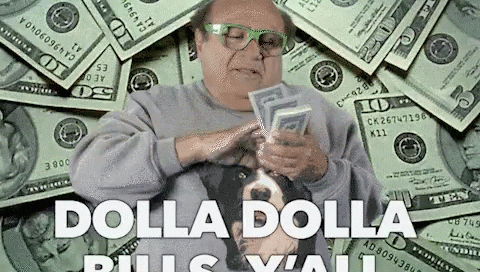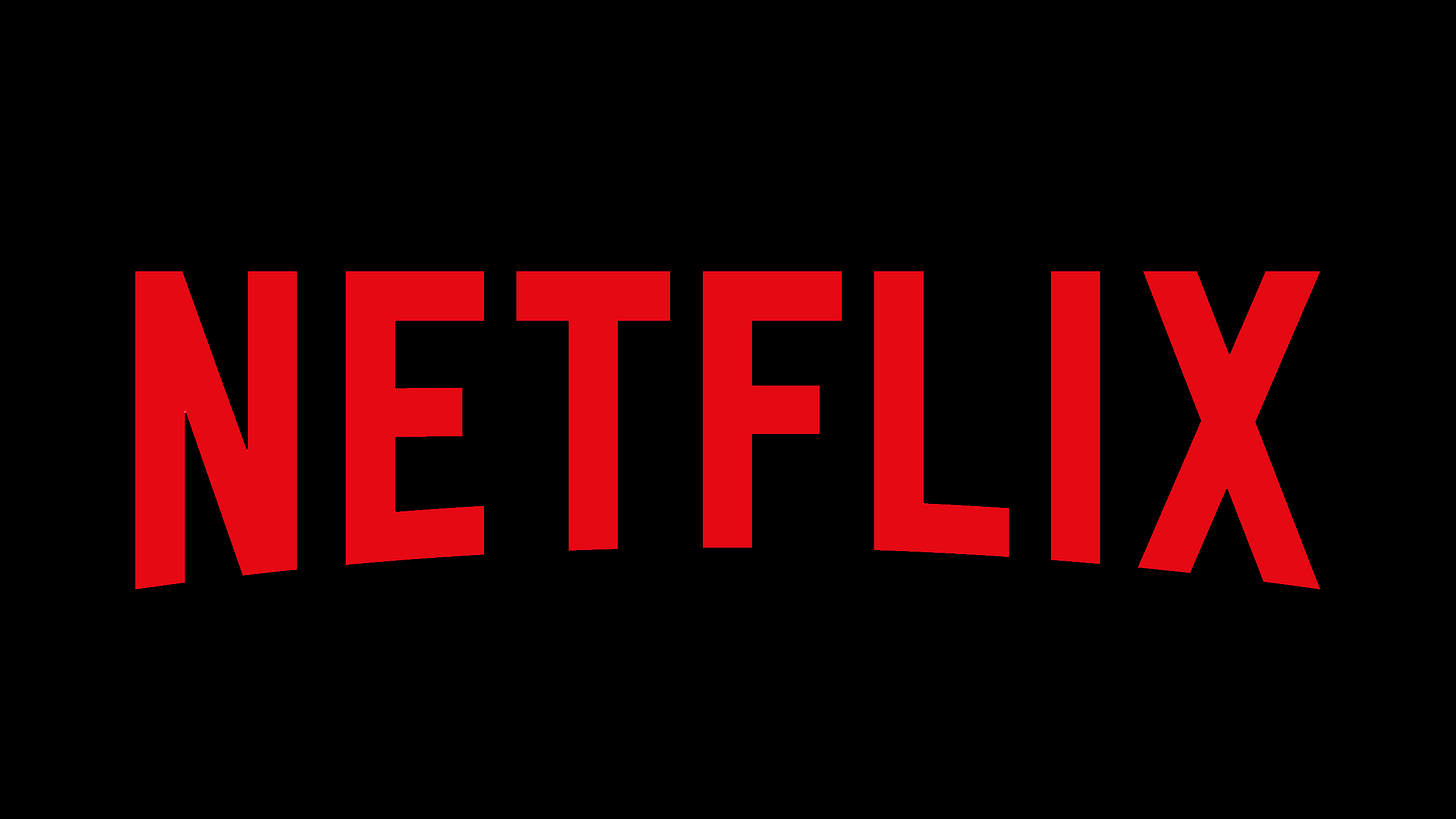We Want Your Dollars! 💰
CBN's new remmittance scheme Netflix and Password Sharing NFTs, explained
Hello Amazing One!
The last one week has been filled with positive vibes for me. The exciting wins from young Nigerians in varying industries, from tech to the music industry lit me up. I am surely not the alone, yes?
Also, I have a question for you at the end of the newsletter!
“We want your dollars!”
A new month, a new policy from the CBN? It looks like it..
In the previous week, the Central Bank of Nigeria pronounced a "Naira for Dollar” policy for diaspora remittances.
Simply, the policy proposed that, on every $1 sent from the diaspora to the country, N5 would be given as an incentive to the recipient.
Quick maths - If I was sent $1000 from a relative abroad, it means I would get N5,000 as inventive, at withdrawal.
Why this?
With this policy, CBN aims to increase inflow of foreign currency, and in the long run, support exchange-rate stability.
Remittances make a significant share of Nigeria’s GDP. But in 2020, remittances reduced significantly by 12.18%. It ended at $20.9 billion as against $23.8 billion at the end of 2019.
Hence, this scheme looks to increase this already dwindling remittance and in the long run boost the country’s foreign exchange reserve.
A Playbook?
A similar scheme of luring remittances with an incentive has been effected in the past in two different countries, Bangladesh (2019) and Pakistan (2020).
The big question would now be… How effective would this be in Nigeria?
To an extent, it would depend on if the sender would consider N5 a good incentive enough to drive his choice of remitting to Nigeria.
However, only time would tell its effect. This “Naira for Dollar” policy would last for two months, which already started from 08 March 2021 and would end on 08 May 2021. We keep our fingers crossed!
Share your password while you can.
The giant video streaming platform, Netflix, is testing a new feature that could prevent people from sharing passwords to strangers. This feature is being tested among a small sample of customers worldwide.
The test takes the form of a two-factor authentication (2FA). This means that new "family members" on Netflix would be required to get a code emailed or texted to the account owner to enable them to continue watching.
How would this affect you?
With this, Netflix wants to prevent a non-family member from using your account. Or variably would only allow them to use on your own terms alone.
A halt in the sharing of passwords on Netflix would result in either of two things. First is to either force some to pay for their own accounts, or at the other end make them quit Netflix.
Though, for now, it is uncertain as to if Netflix will expand this test, or explore other ways to clamp down on password sharing.
So enjoy the ease that comes with sharing while you can, until whenever.
The buzz about NFTs
How many times did you hear the word NFT last week? For me, I lost count.
NFTs in full stands for "Non-fungible token". Let’s break it down!
Fungible is a finance term, and it is explained as the ability to be exchanged for something of equal value. Money, for example, is fungible. An N1000 note today can be swapped with two N500 notes, with its value still retained.
Hence, a Non-fungible item is a unique item, one that can’t be replaced with something else.
An example of a Non-fungible item is an art painting. You can get only one original painting, any other one would be a modification of the original.
In the digital space, NFT is a term used for non-tangible assets that can be bought and sold like any other piece of property. The digital tokens gotten upon sale represent certificates of ownership for assets.
How they work
NFTs are powered by the blockchain…
A popular use case of NFTs in recent times is in the sale of digital arts and files.
One recent example that shook the media was when the founder of Twitter, Jack Dorsey, used NFTs in the sale of his first tweet. The tweet reached a bid of $2.5 million. Cool money! (Haha)
Why are they a thing?
Traditional works of art are valuable because they are Non-fungible. And before the adoption of NFTs, digital files could be easily duplicated. Hence, we can say that NFTs has solved the problem of ownership and exclusivity of digital arts and files.
With NFTs, artwork can be "tokenized" to create a digital certificate of ownership. The buyer of the NFT owns a "token" that proves they own the "original" work.
KNOWLEDGE BANK 📕
A Unicorn (Company)
A unicorn is a privately held startup company that has been valued at over $1 billion. The term was coined in 2013, by Aileen Lee, a venture capitalist in California.
The $1 billion mark dosen’t connote the income, or even the profitability. It rather is valuation-based perception. Since unicorns comprise startups, their valuation is primarily hinged on their growth potential and expected development.
According to Aileen Lee, there is a strong psychological difference in perception of a company when it reaches the unicorn status.
At present, Africa has 4 unicorns, including the new member, Flutterwave.
Recommended Reads 📝
Inside the unreal world of NFTs
Does Africa finally have a ‘Proper’ Local Startup Unicorn in Flutterwave?
How commodity exporting countries like Ghana have been hit by COVID-19
If you read until this point, take a chilled bottle of drink please. You deserve ❤️
My question goes thus… Is there any other thing you'd like to see on this newsletter? Feel free to reply this email with your suggestions.
I'd write to you again in two weeks!





